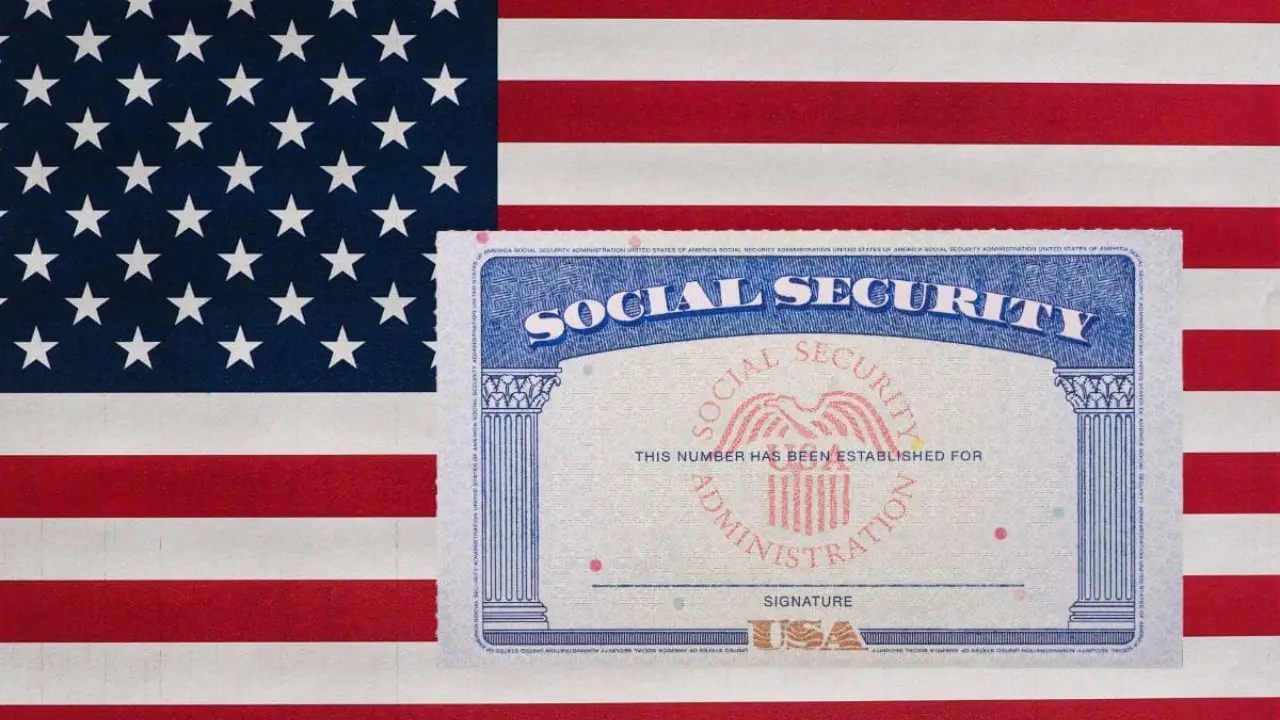There has been a lot of buzz about a supposed $2,600 stimulus payment aimed at senior citizens in the United States. The rumor suggests that people aged 65 and above, as well as those who are disabled or blind, are eligible to receive this payment as a way to cope with the rising cost of living and the ongoing effects of the COVID-19 pandemic. But is there any truth to this claim? Let’s take a closer look and break down the facts.
The Truth Behind the $2,600 Stimulus Payment
The short answer is: No, there is no such $2,600 stimulus payment. This claim is entirely false and has not been confirmed by any official government sources. While the idea of additional financial help is tempting, it’s important to separate facts from fiction. This misinformation has spread widely, particularly through social media platforms like Facebook and X.com (formerly Twitter), where it was designed to appear believable and encouraging. But what is the source of this false claim?
The rumors about a $2,600 payment likely started from artificial, automated systems that create attention-grabbing headlines and stories. These stories often have no basis in real facts and are typically created to draw traffic to websites that rely on clicks. Once these stories go live, they get shared rapidly across various online platforms, further fueling the spread of misinformation.
Why is This Misinformation Dangerous?
In today’s world, it is easy for false information to spread quickly. In many cases, well-meaning individuals who don’t always verify the information they come across end up sharing these claims, making the false information more widespread. This can lead people to make decisions based on incorrect facts. For example, someone might delay important financial decisions, like applying for other legitimate benefits, because they mistakenly believe they are waiting for an unapproved stimulus payment.
What Does the Government Say About the $2,600 Stimulus?
To clarify, no new $2,600 stimulus payments have been approved by the government. The IRS, which handles stimulus payments, has publicly stated that all Economic Impact Payments, including previous rounds of COVID-19 relief, have already been distributed. No additional payments have been announced or authorized. In fact, the IRS even has a statement from spokesman Anthony Burke emphasizing that no new stimulus payments are planned.
The IRS strongly encourages individuals to consult their official website, irs.gov, for the most reliable and up-to-date information regarding stimulus payments. Avoid trusting posts or websites that are not backed by credible sources.
How to Spot Misinformation and Protect Yourself
In a world where misinformation spreads quickly, it’s more important than ever to know how to identify false claims and avoid falling for scams or rumors. Here are some helpful tips to protect yourself from misleading information, especially when it comes to financial topics like stimulus payments:
- Always Check Official Sources: If you see something that sounds too good to be true, always verify it through official government websites. The IRS website, irs.gov, is the best place to confirm any updates related to stimulus payments or other financial matters.
- Be Cautious of Sensational Claims: If you come across an extraordinary claim that doesn’t have a clear source or comes from an unreliable website, be skeptical. Scammers often use clickbait titles or headlines that are meant to get your attention but lack real information.
- Fact-check with Trusted Websites: There are several reputable fact-checking platforms, such as Snopes, FactCheck.org, and PolitiFact, that can help you validate claims before you believe them or share them with others.
- Watch Out for Scams: Always be cautious of any claim that asks you for personal information or money in exchange for a stimulus check. Government agencies will never ask for sensitive details in this way.
The Bottom Line: Stay Informed and Stay Safe
As tempting as it may seem, there is no $2,600 stimulus check coming for senior citizens or anyone else at the moment. Understanding the nature of misinformation and how it spreads is essential in today’s digital age. Be careful about where you get your information and ensure it comes from trusted, official sources.
By staying informed and using reliable resources, you can avoid falling victim to fake news and ensure that you are not misled by the many false claims that flood social media. Let’s work together to make sure we stay informed and spread only truthful information.
Note: Every piece of content is rigorously reviewed by our team of experienced writers and editors to ensure its accuracy. Our writers use credible sources and adhere to strict fact-checking protocols to verify all claims and data before publication. If an error is identified, we promptly correct it and strive for transparency in all updates.




